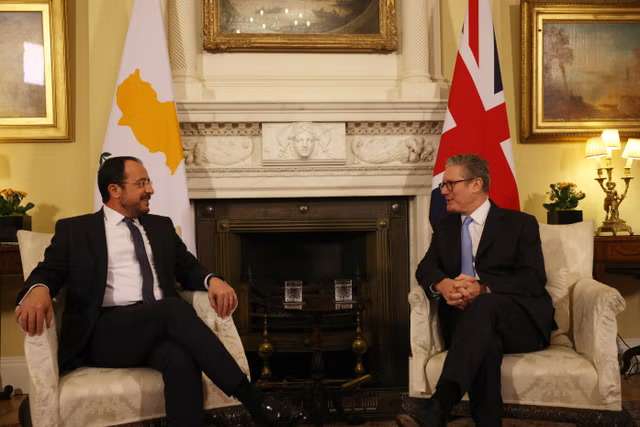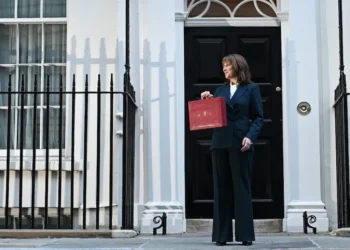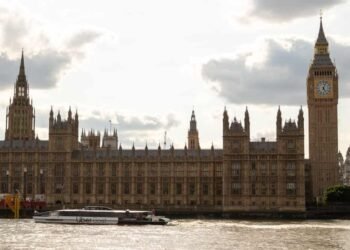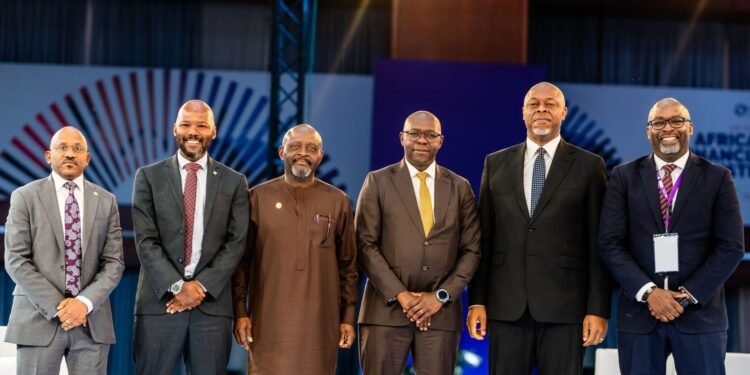Prime Minister Keir Starmer has sparked a diplomatic controversy during his official visit to Cyprus by declining to meet with the leadership of the Turkish Republic of Northern Cyprus (TRNC).
Despite being the first UK leader in over 50 years to undertake such a visit, Starmer has restricted his engagements to the Greek Cypriot-controlled south of the island.
On Tuesday, Starmer is scheduled to meet with President Nikos Christodoulides of the Republic of Cyprus to discuss trade, defense, post-Brexit relations with the EU, and the long-standing “Cyprus problem”.
However, his decision to bypass TRNC President Ersin Tatar has drawn sharp criticism from Turkish Cypriot campaigners and observers who argue that meaningful dialogue requires engagement with both sides.
The “Cyprus problem” dates back to 1974 when Turkish forces intervened following a Greek Cypriot coup aiming to unify the island with Greece.
The ensuing conflict led to the division of the island, with the south internationally recognized as the Republic of Cyprus and the TRNC only recognized by Turkey.
Numerous efforts to reunite the island have faltered, including the 2004 Annan Plan, which collapsed after a Greek Cypriot referendum rejected it. Former Labour foreign secretary Jack Straw, involved in those talks, now supports a two-state solution, a position advocated by the TRNC.
The UK, as one of Cyprus’s guarantor powers alongside Greece and Turkey, holds a unique role in resolving the island’s divisions. Starmer’s visit, seen as a significant opportunity to reignite peace talks, has been overshadowed by his refusal to engage with northern leaders.
President Tatar of the TRNC expressed disappointment upon learning over the weekend that no meeting with Starmer would occur. Downing Street confirmed the exclusion, despite widespread calls for balanced diplomacy.

Rikki Williams, co-chair of the Freedom and Fairness for Northern Cyprus group, urged Starmer to reconsider, referencing his past involvement in the Northern Ireland peace process. “At that time, he would not have spoken to just one side!” Williams said. “If the Cyprus issue is ever to be resolved, both sides must be treated fairly and evenly.”
“There are two sides in Cyprus, and any settlement to be reached requires dialogue, cooperation, and understanding between the sides. Simply ignoring the existence of Turkish Cypriot people will undermine trust-building efforts.”
TRNC’s Office of the Presidency
Strengthened Ties With Greek Cypriots
Conversely, Starmer’s meeting with President Christodoulides underscores the deepening ties between the UK and the Republic of Cyprus. A statement from the Cypriot government hailed the visit as a “new constructive period” in their strategic cooperation.
The Republic of Cyprus, a member of the EU, has emphasized its partnership with the UK in areas such as trade and defense. The meeting is also expected to explore potential roles the UK can play in reshaping the region’s geopolitics post-Brexit.
Critics argue that Starmer’s approach risks entrenching the island’s divisions rather than fostering reconciliation. The timing of his visit coincides with efforts by the UN Secretary-General to host broader informal talks on the Cyprus issue, in which the UK will play a role.
Campaigners believe that Starmer’s engagement with both sides could set a precedent for renewed negotiations. “This is failed diplomacy,” Williams added. “Abandoning discussion only widens the divide.”
As Starmer continues his diplomatic efforts in Cyprus, the shadow of his decision to exclude Turkish Cypriot leaders looms large. Whether this visit contributes to progress or deepens the island’s divisions remains to be seen.
READ ALSO: Bawumia Urges Mahama to Rein in Supporters to Protect Peace and Unity























